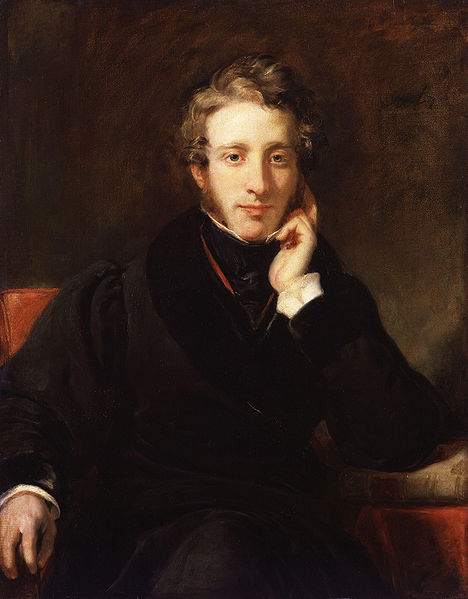Edward Bulwer Lytton Das Kommende Geschlecht Pdf
Posted By admin On 07/01/18For the British general, see. The Lord Lytton In office 5 June 1858 – 11 June 1859 Monarch Prime Minister Preceded by Succeeded by Personal details Born ( 1803-05-25)25 May 1803 London Died 18 January 1873 ( 1873-01-18) (aged 69) Nationality Political party Spouse(s) (1802–1882) Edward George Earle Lytton Bulwer-Lytton, 1st Baron Lytton, (25 May 1803 – 18 January 1873) was an English novelist, poet, playwright, and politician. He was immensely popular with the reading public and wrote a stream of which earned him a considerable fortune. He coined the phrases 'the ', 'pursuit of the ', ', ', and the well-known opening line '.

Crash Crash Rattle Rattle Beep Beep. Edward Bulwer Lytton - Free download as PDF File (.pdf), Text File (.txt) or read online for free.
%2C445%2C286%2C400%2C400%2Carial%2C12%2C4%2C0%2C0%2C5_SCLZZZZZZZ_.jpg)
Contents • • • • • • • • • • • • • • • • • • • • Life [ ] Bulwer-Lytton was born on 25 May 1803 to General William Earle Bulwer of and, Norfolk and, daughter of of, Hertfordshire. He had two elder brothers, William Earle Lytton Bulwer (1799–1877) and (1801–1872), later Lord Dalling and Bulwer. When Edward was four his father died and his mother moved to London. He was a delicate, neurotic child and was discontented at a number of boarding schools. But he was precocious and Mr Wallington at Baling encouraged him to publish, at the age of fifteen, an immature work, Ishmael and Other Poems. [ ] In 1822 he entered, where he met, but shortly afterwards moved to. In 1825 he won the for English verse.
Serial 098. In the following year he took his BA degree and printed, for private circulation, a small volume of poems, Weeds and Wild Flowers. He purchased a commission in the army in 1826, but sold it in 1829 without serving.
Bon Jovi Crush Tour Cd. Edward Bulwer-Lytton. His Harold, the Last of the Saxons (1848) was the source for Verdi's opera.
In August 1827, he married (1802–1882), a famous Irish beauty, but against his mother's wishes, who withdrew his allowance, so that he was forced to work for a living. They had two children, Lady Emily Elizabeth Bulwer-Lytton (1828–1848), and (1831–1891) who became (1876–1880). His writing and political work strained their marriage, while his infidelity embittered Rosina; in 1833 they separated acrimoniously and in 1836 the separation became legal.
Three years later, Rosina published Cheveley, or the Man of Honour (1839), a near-libellous fiction bitterly satirising her husband's alleged hypocrisy. In June 1858, when her husband was standing as parliamentary candidate for Hertfordshire, she indignantly denounced him at the. He retaliated by threatening her publishers, withholding her allowance, and denying her access to the children. Finally he had her committed to a mental asylum, but after a public outcry, she was released a few weeks later. This incident was chronicled in her memoir, (1880). She continued her attacks upon her husband's character for several years. Bulwer-Lytton in later life The death of Bulwer-Lytton's mother in 1843 greatly saddened him.
His own 'exhaustion of toil and study had been completed by great anxiety and grief', and by 'about the January of 1844, I was thoroughly shattered'. In his mother's room at, Bulwer-Lytton 'had inscribed above the mantelpiece a request that future generations preserve the room as his beloved mother had used it.' It remains essentially unchanged to this day.